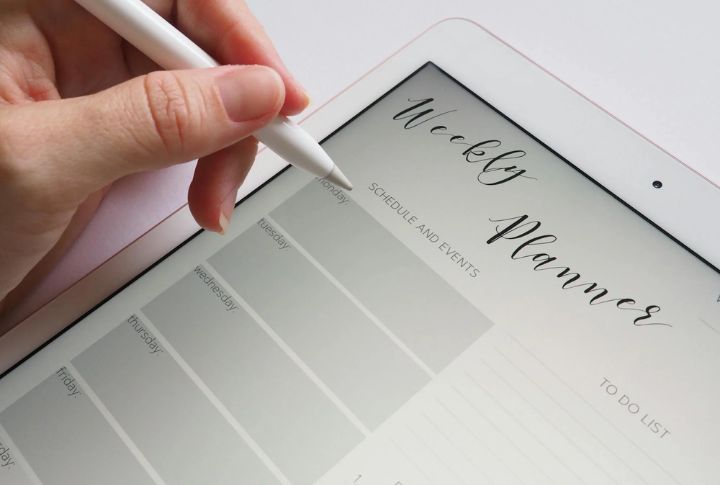
A few intentional minutes each morning can shape the entire day. Planning your time early builds clarity and momentum. It sets a rhythm that aligns your actions with your priorities. Discover how this simple shift enhances focused decision-making and flow, starting from the first moment you wake.
Mental Bandwidth Improves When You Schedule

Do you ever feel like your brain stalls halfway through the day? According to the American Psychological Association reports, multitasking significantly slashes productivity. By organizing your tasks in advance, you reduce mental clutter and sharpen focus, thereby freeing up cognitive energy for deeper thinking and faster decision-making.
Time Blocking Reduces Procrastination Traps

Time-blocking has been shown to significantly increase productivity and goal completion. Mental hesitation fades when you assign a deadline to your task, which turns abstract to-do lists into action-driven outcomes with a clear finish line. This clarifies why the clock becomes your ally when each task has a place on it.
Routines Lower Stress Hormone Levels

A jumpy schedule sends your stress hormones into overdrive. That’s why the National Institute of Mental Health has linked structured routines to better emotional regulation and lower cortisol levels. You don’t need a rigid life—just a consistent framework. That alone can bring calm to days that would otherwise spiral.
Physical Health Benefits From Scheduled Meals And Sleep

Skipping meals and pushing bedtime rarely feels productive the next day. Routine mealtimes help stabilize metabolism. Sleep scientists agree that consistent sleep patterns enhance memory and attention. That healthy rhythm you seek begins with planning—not just when, but also how you eat and move.
Goals Become Measurable Milestones

Big ambitions usually vanish without a visible trail. Psychologist Dr. Gail Matthews of Dominican University found that people who tracked their goals and sent weekly updates to a friend were 33% more successful than those who kept goals in their heads. This means that breaking goals into daily steps shifts them out of dream territory into tangible wins.
Creativity Thrives Within Structured Boundaries

Wild imagination doesn’t always come from chaos. Composer Igor Stravinsky believed that structure, not spontaneity, sparked his best work. Psychology Today backs this up, noting that fewer daily decisions leave more space for original thought. Creativity, in practice, blooms best when the calendar is on your side.
Decision Fatigue Shrinks With Pre-Set Plans

Researchers at Columbia University found that choices made earlier in the day tend to be better. A pre-set schedule reduces mental strain by removing constant small choices. It acts like autopilot, and helps the brain conserve energy and stay sharp for key moments that deserve attention, not lost in daily decision clutter.
Planning Creates Space For Screen-Free Time

Without a plan, digital distractions quickly fill every open moment. Structuring your day helps carve out intentional breaks before devices take over. Research by Harvard Business Review shows that even brief tech-free pauses can recharge focus. Planning isn’t just about tasks—it’s about protecting time that usually slips away unnoticed.
Task Completion Releases Reward Chemicals

There’s a biological reason crossing off tasks feels good. Dopamine, your brain’s feel-good chemical, surges with every small accomplishment. One completed task primes your brain for the next, which makes progress addictively satisfying in the most productive way.
Unplanned Time Becomes Guilt-Free When Scheduled Elsewhere

Are you relaxing without guilt? That’s what a good daily plan allows. Once responsibilities are handled, downtime becomes intentional rather than rushed or undeserved. Instead of wondering what you’re forgetting, you’ll know the day’s covered. And that knowledge makes leisure more fulfilling, because it’s fully earned.

